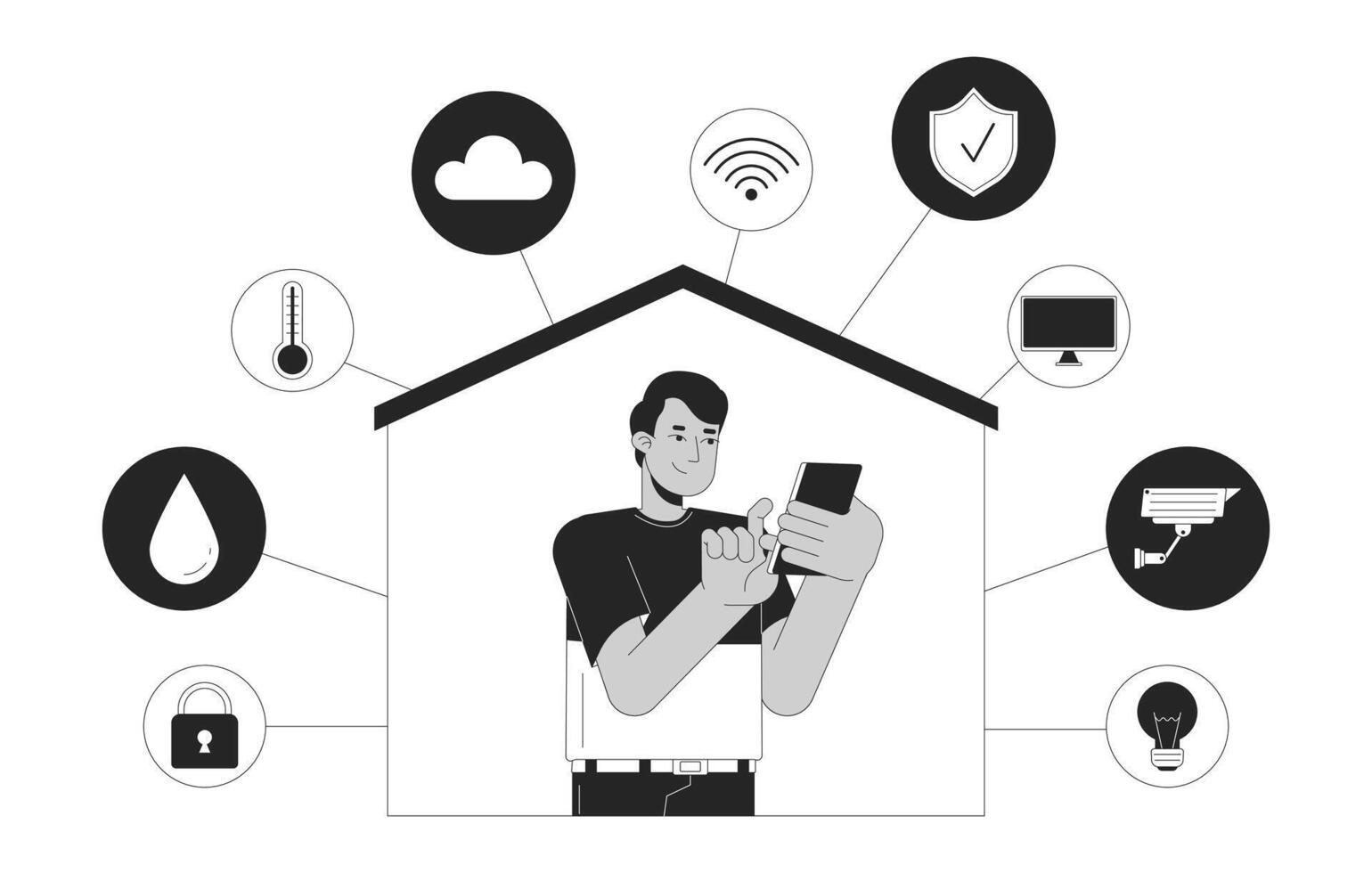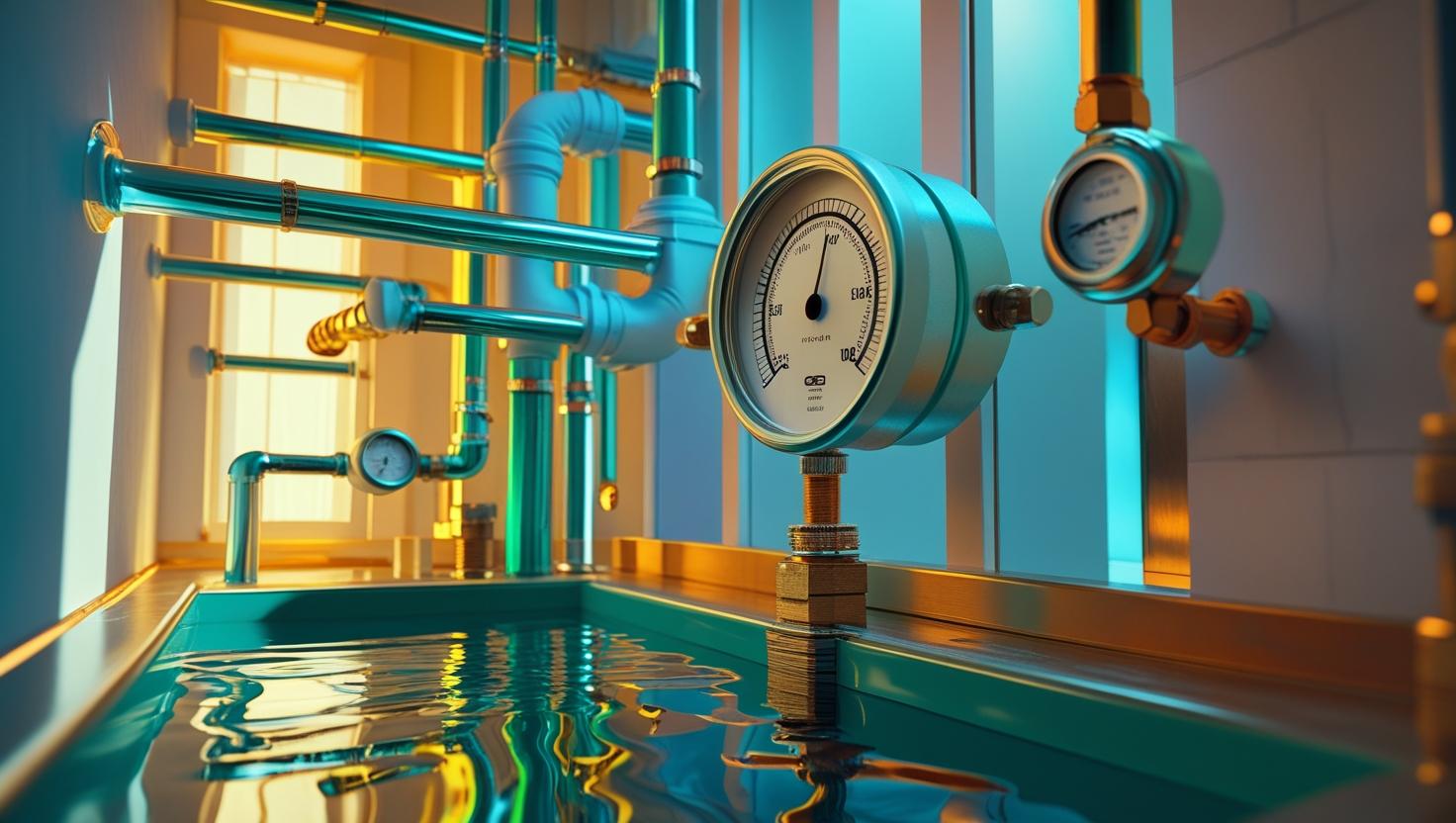Centacs Automation - Automate the Future Today !
At Centacs Automation, we specialize in engineering intelligent, connected systems that redefine efficiency, safety, and operational performance across diverse sectors. By harnessing the transformative capabilities of the Internet of Things (IoT), our solutions deliver real-time insights, secure remote control, and seamless device integration. Automation is the backbone of our innovation. Leveraging advanced technologies, sophisticated sensors, and agile software platforms, we automate routine and complex tasks with minimal human intervention. From enhancing everyday operational workflows to deploying industrial-scale monitoring and control systems, Centacs Automation simplifies processes, reduces errors, and boosts productivity—enabling businesses to operate smarter and safer.

Automation & Control
Automation refers to the use of technology, software, or machines to perform tasks with minimal human intervention. It streamlines processes, enhances efficiency, and reduces errors across various industries. Users can set schedules, triggers, and routines for devices to operate automatically.

Security & Monitoring
Smart locks, motion sensors, and surveillance cameras enhance home security. Automated systems provide real-time surveillance of networks, detecting threats and vulnerabilities before they escalate. Automation eliminates manual security tasks, reducing the likelihood of mistakes and improving overall protection.

Remote Access
Owners can monitor and control their systems via mobile apps. Automated systems allow users to remotely monitor and control devices, reducing the need for on-site visits. Automated monitoring detects potential issues before they escalate, minimizing downtime and maintenance costs.

Sustainability & Energy Efficiency
Homes are integrating solar panels, smart thermostats, and water-saving technologies to reduce environmental impact. Companies are integrating automation to minimize waste and emissions. In the automotive sector, automated systems have reduced material waste by 65% and energy consumption by 28%.




